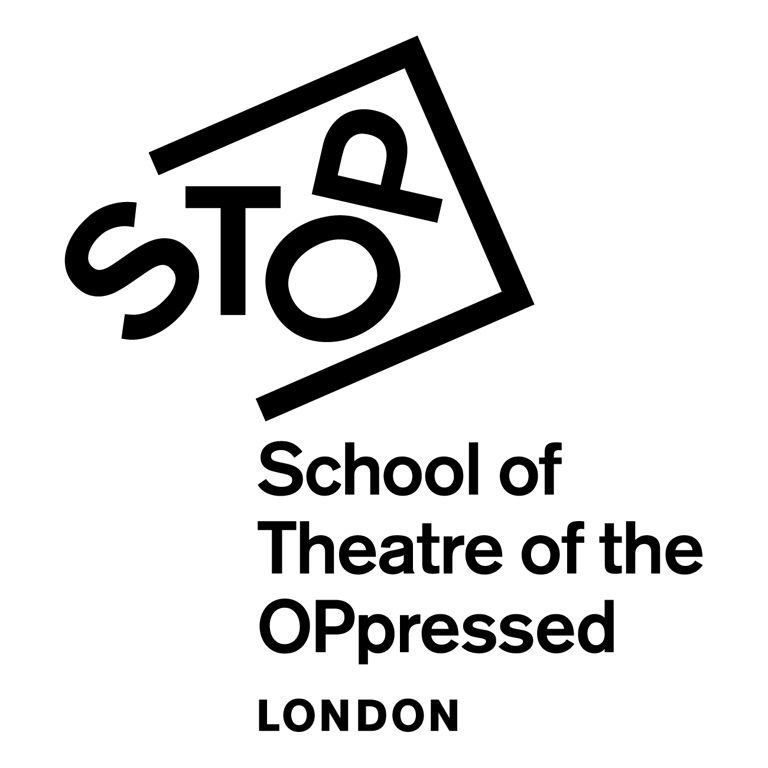Shaping a Forum Theatre Play: Part 1
In the first of a new blog series, Adrian describes the end to end process of shaping a Forum Theatre piece, using the example of a recent commission from UCL.
When people read influential texts which are also manuals, like Augusto Boal’s Games for Actors and Non-Actors, there is sometimes a tendency to follow any process described to the letter. As I have said before, a good cook is well advised to follow recipes with care, but a confident cook will also take them also with a pinch of salt (pun intended). There are as many ways to make a Forum theatre play as there are Forum Theatre plays. Certain elements are pretty seminal - an awareness of the issues from an informed (often personal) point of view, at least a few scenes in which there are possible interventions, an audience which knows something about the issues. But how you will shape a play really depends entirely on the circumstances in which you are making it. Distrust those who will tell you otherwise.
Over the next few blogs, partly as a useful exercise in clarifying my own thoughts, and partly in response to questions on this subject, I will try to describe the end to end process of shaping a Forum Theatre piece, using the example of the most recent commission I have done. I write this in my new freelance life, freed from the burdens (and joys) of running a company, Cardboard Citizens, which had a very particular focus through my time there - homelessness in all its forms and all its effects. When I was at CC’s, we had a number of resources, perhaps the main one of which was a constant daily in-depth contact with people who had previously or were currently experiencing homelessness. The informed knowledge of the oppression under consideration was thus a given of whatever we did. So at the beginning particularly, we tended to start from workshops with our constituency, and devise from there on - which is probably what many people assume is the ‘proper’ methodology. Later on, as I will describe on another occasion, we worked with commissioned writers, who would usually have some sense of their starting points - but even then, workshops around these with our membership were a standard component of the writing process. But there is no prescribed methodology - all that matters is that you arrive at a piece which works, by a process that works and includes.
My recent experience with University College London contained a different mixture of elements. UCL contacted me wanting to make 3 short Forum Theatre pieces to respond to three particular subjects of interest: Bullying and harassment, interdisciplinary and intercultural collaboration, and finally social inclusion. Each of these pieces presented quite different challenges, whilst offering some economies of scale in that all three would need to tell stories set in the same context, albeit in different branches of a vast organisation.
First step was obviously to get an understanding of the institution and its workings, and how these broad-brush subject heads manifested within it. Unlike at CCs, I had very little current knowledge of the university sector - I did go to university (I was physically present, if hardly productive), but that was in the stone ages, when all of this opportunity was given to those who could access it entirely without cost. When I tell this to young people, they actually find it difficult to believe, though they have heard these creation myths along the way.
So, research. I conducted a number of interviews with key players from the various parties involved. I soon learnt that the main tribes broke down into academics, PhD students, undergraduates and professional services - this last is a vast compendium of people whose function it is to ensure that the first three groups can do what they do. What questions are we asking? Essentially, tell me stories of when these issues have obtruded in your daily life at UCL or in similar institutions you have worked in before. What happened, how did you deal with it, what do you feel about it now. Stories of when things have not gone according to plan, stories of when the procedures and strategies you had prepared fell short. Stories of frustration and defeat and mis-steps.
The commissioners fully understood that we were free to fix on whatever groups and stories took our fancy; as someone who has been approached by many different kinds of booking enquiry in the past, from councils to NGOs to professions to community groups (to name but a few), I have learnt that the first thing to make clear to any potential booker is that Forum Theatre (at least how we do it) will not steer any group or audience or participants to any particular prescribed outcome. They have to make a leap of faith - they need to accept that the work will ask a question or questions and the answers may not be those they were awaiting or desiring. Thus I remember talking to schools in the late 90s and explaining that on an issue such as drug taking, a forum could not work if it was predisposed to advocate against - it would not willingly be an adjunct to a ‘Just Say No’ campaign.
Interviewing strangers, over a Zoom call, to gather material for a Forum is very different from doing a workshop or two with a group that one knows well. Apart from anything else, with all these professionals, there are a myriad considerations around confidentiality and data sharing. There are also, not surprisingly, exactly the same concerns around whether the interviewees will in any way be triggered by any of the material they are sharing. If someone in a workshop shares something which is difficult for them to speak of or enact, one has the whole remainder of the workshop to explore and remediate any issues that have arisen; with a group one works with frequently, there is an even longer period to work through these issues.
With the professional people I was talking to at UCL, there were no such safeguards - on a zoom call, it is not possible to put your arms around someone, either metaphorically or physically. It is a mistake to assume that people with the designation ‘professional’ are any less likely to be affected by stories of oppression they tell. In the event, there were only one or two moments at which we came near the line on these UCL calls. But another challenge is to get people to tell you stories in which they do not necessarily emerge with flying colours; no one finds it easy to tell stories of their defeats or mistakes, but when people are working within an establishment in which they may be judged, this is even more challenging.
If you speak to enough people however, with your own increasing understanding of the context, eventually stories do start to emerge, as they did at UCL. All levels of stakeholder participated willingly, from professor to professional services person. We followed this up with a couple of live, IRL workshops with students and by the end of all this, we had material for all the plays…..What stuck were a number of stories of PhD students being overwhelmed by the pressures facing them, stories of somewhat primitive supervisors, harassed ‘professional services’ folk; recurring themes around the challenges facing disabled people, the isolation of some foreign students, the multiple pressures facing students in the modern world, from mental health to student loans. In the blogs to come, I will share how we wove this material into the anti-models for the Forum plays.


